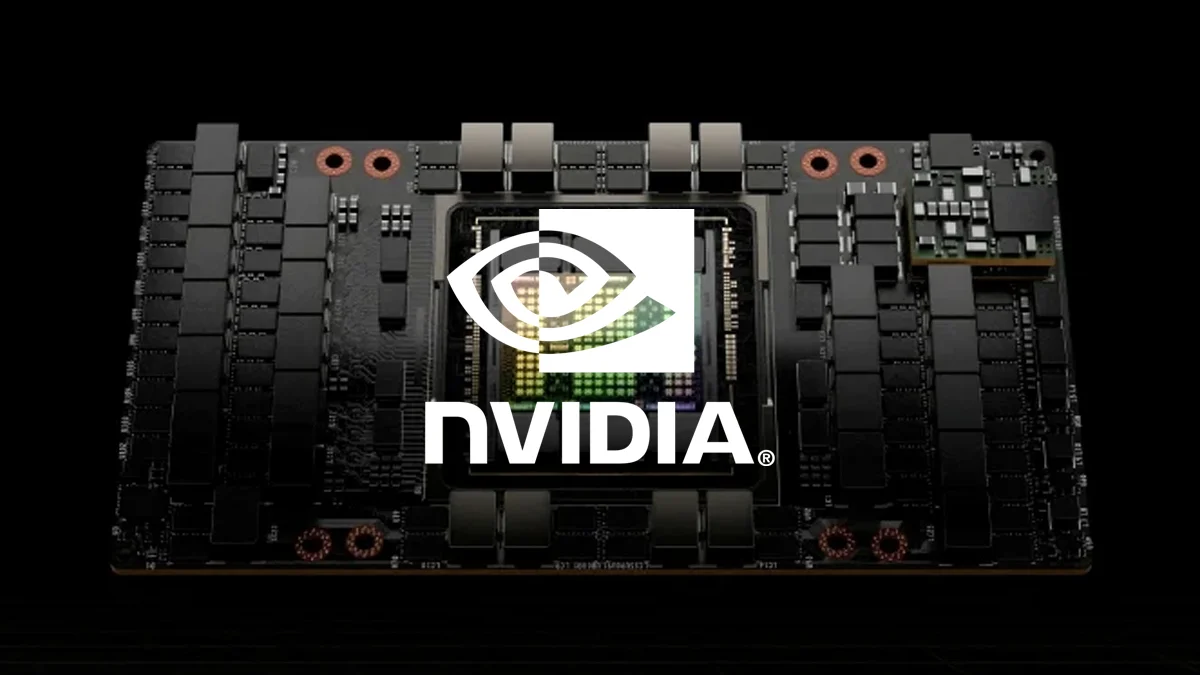Necessary Always Active
Necessary cookies are required to enable the basic features of this site, such as providing secure log-in or adjusting your consent preferences. These cookies do not store any personally identifiable data.
|
||||||
|
||||||
|
||||||
|

The Nvidia export case before the DOJ has taken a serious turn as U.S. authorities have charged two Chinese nationals with smuggling advanced AI chips to China, according to CNBC. The Department of Justice (DOJ) announced that the suspects illegally exported Nvidia’s high-performance H100 GPUs, which play a vital role in powering artificial intelligence systems.
These chips are among the most powerful on the market and are heavily restricted under current U.S. trade laws. This incident marks one of the highest-profile cases involving the illegal export of Nvidia’s H100 GPU to China.
Nvidia told CNBC that this smuggling case is a “nonstarter.” The company stated, “We primarily sell our products to well-known partners, including OEMs, who help us ensure that all sales comply with U.S. export control rules. Even relatively small exporters and shipments are subject to thorough review and scrutiny, and any diverted products would have no service, support, or updates.”
The DOJ said law enforcement searched ALX Solutions’ office and took phones from Chuan Geng and Shiwei Yang. These phones had messages between the two about trying to get around U.S. export rules by sending sensitive chips to China through Malaysia.
Investigators also found that in December 2024, ALX Solutions sent more than 20 shipments from the U.S. to shipping companies in Singapore and Malaysia. According to the DOJ, these countries are often used to hide illegal shipments to China.
The DOJ added that ALX Solutions didn’t receive payments from the companies they claimed to be exporting to. Instead, they got several payments from businesses in Hong Kong and China.
This Nvidia AI chip smuggling case is especially significant given the ongoing trade war between the U.S. and China over access to advanced technology. U.S. authorities have tightened controls around chip exports to prevent cutting-edge technology from being used for military or surveillance purposes abroad.
The Nvidia H100 chips are highly sought after because of their ability to run large-scale AI models efficiently. These GPUs are key to training complex algorithms and are used in both commercial and defense-related technologies. Because of their importance, the U.S. government has placed strict AI chip export restrictions to limit who can buy and use them.
The two suspects allegedly worked around these rules, which have now resulted in federal charges. They are being held in custody and could face long prison sentences if found guilty.
This Nvidia export case with the DOJ sends a clear message that the U.S. is closely monitoring how sensitive technology is handled. The charges highlight the growing risks around the global trade of AI components, especially when national security is at stake.
The U.S. has also warned other companies and individuals that similar actions will be taken if they attempt to violate export rules. Officials emphasized that keeping advanced AI chips out of unauthorized hands is a national priority.
As tensions rise between the U.S. and China over AI dominance, such cases are likely to become more common. This Nvidia AI chip smuggling case shows just how far some groups are willing to go to get access to advanced technology.
With growing awareness around AI chip export restrictions, the U.S. is expected to continue tightening its laws and expanding its investigations. This won’t be the last time we hear about the US charging Chinese nationals in such cases.